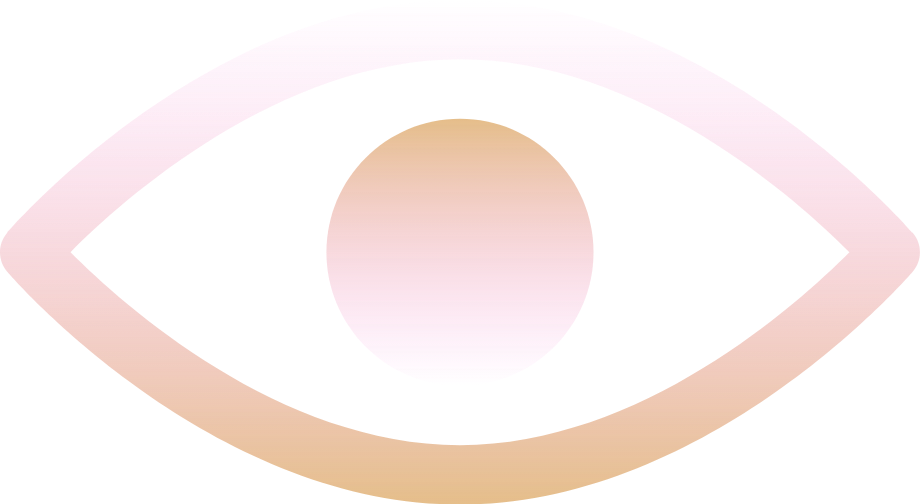
Aims and objectives
By ranking social good organizations, thedotgood seeks to :
- showcase the diversity and scale of organizations encompassed by the “SGO” label;
- compare SGOs using criteria that transcend legal status, geography, and field of activity;
- stimulate inquiry and debate about the impact, innovation, and sustainability of SGOs and their activities;
- present a wide range of exemplary SGO achievements and approaches to observe year-to-year trends and annual rankings adjusted over time.
Scouting the Social Good Sphere
thedotgood is constantly looking for new organizations entering the social good sphere, meaning that there is a lot to do to duly monitor that constant expansion. We understand the daunting aspect of that challenge and do not pretend to be perfect, even getting close to any perfection. That is why over time, we encourage founders and executives active in the social good sphere to reach out and introduce their vision and mission to thedotgood .
The rankings by nature are a form of contest. So set its lists, thedotgood does not ‘rate’. We score, and scores are competing against each other. One given SGO can score very well, even better than in the previous year, though still lose ground to other SGOs scoring better, among them new entries and formerly ranked organizations.


Why an Eligibility Pass?
All year long, SGOs reach out to ask about “How to enter thedotgood listings”? With the social good sphere expanding, we are counting more and more SGOs and we may miss exciting new organizations. Because our listings are there to show the most influential ones, selection can be highly challenging. To make sure an organization is fit to compete, it must enter early diligence to earn an Eligibility Pass prior to joining any contest.
If your organization is serious about entering any listing, it means that you will put effort into earning recognition as a leading organization from your end and from our team.
That is why thedotgood has introduced a mandatory eligibility process. If deemed eligible, your SGO will still have time to decide whether it is ready to jump into the competition or wait until you feel you are ready to do so. If you are ready, the next challenge is to enter the Official Contender List.
Once we have received both forms (eligibility and due diligence) thedotgood may turn to scoring, with the possibility of some extra requests from our team before we go for the final cut.
Learn more about how to earn an Eligibility Pass
Learn more Learn moreOur evaluation criteria
thedotgood’s approach asserts that the best evaluation process only uses public data. Many SGOs publicly showcase their operations, accountability, and transparency to procure funding and support; others, however, aspire to be accountable and transparent but may lack the means or expertise to reach their goals. Thus, the questionnaire has two aims: to give SGOs a chance to demonstrate accountability and transparency and to tease out the information linked to what we term our “pillars of interest.” thedotgood’s approach recognizes that excluding SGOs who do not respond to requests for information would create a distorted picture of the Sphere. Our research and evaluation processes are specially designed to review public information and to ensure that the rankings do not misrepresent the social good sphere.
The three pillars of interest upon which we focus our evaluation are impact, innovation, and governance. We use...
thedotgood’s approach asserts that the best evaluation process only uses public data. Many SGOs publicly showcase their operations, accountability, and transparency to procure funding and support; others, however, aspire to be accountable and transparent but may lack the means or expertise to reach their goals. Thus, the questionnaire has two aims: to give SGOs a chance to demonstrate accountability and transparency and to tease out the information linked to what we term our “pillars of interest.” thedotgood’s approach recognizes that excluding SGOs who do not respond to requests for information would create a distorted picture of the Sphere. Our research and evaluation processes are specially designed to review public information and to ensure that the rankings do not misrepresent the social good sphere.
The three pillars of interest upon which we focus our evaluation are impact, innovation, and governance. We use the term “impact” to indicate an SGO’s output, or how it transforms the lives of its beneficiaries. In evaluating an organization’s impact, we not only look for evidence that its work has added value to the community it serves, but we also pay attention to how the organization demonstrates its efforts in its reports. We use the term “innovation” to indicate an organization’s drive to challenge itself and its ability to creatively overcome obstacles. This pillar also allows organizations with newer or more unique methods to be rewarded for their work to upset the SGO status quo. We use the term “governance” to indicate how an organization applies its good-doing mission to its employees, directors, and stakeholders.


Our scoring and ranking procedure
The scoring procedure uses the following numerical scales :
- a score of 0 or 5, where 0 indicates “NO” or an absence of information and 5 indicates “YES”
- a scale of 0 to 5, with 0 corresponding to low performance and 5 to high
- a simple count (e.g., a point for each year an organization has been active, capped at 12 points)
- a few critical criteria are multiplied by 4
The maximum score is 1400 points. The number of criteria has grown from 145 in the 2015 ranking to 165 in 2016 and is currently stabilized at 150. A score can be increased or reduced due to bonus points or penalties :
- as many as 100 bonus points for independence, transparency, accountability, and the quality of the information provided in the questionnaire (e.g., do questionnaire answers include links to public data sources)
- as much as an 80-point...
The scoring procedure uses the following numerical scales :
- a score of 0 or 5, where 0 indicates “NO” or an absence of information and 5 indicates “YES”
- a scale of 0 to 5, with 0 corresponding to low performance and 5 to high
- a simple count (e.g., a point for each year an organization has been active, capped at 12 points)
- a few critical criteria are multiplied by 4
The maximum score is 1400 points. The number of criteria has grown from 145 in the 2015 ranking to 165 in 2016 and is currently stabilized at 150. A score can be increased or reduced due to bonus points or penalties :
- as many as 100 bonus points for independence, transparency, accountability, and the quality of the information provided in the questionnaire (e.g., do questionnaire answers include links to public data sources)
- as much as an 80-point penalty for dependence on corporations, governments, single funders, or other specified sources.
Researchers and reviewers
The confidentiality of researchers and reviewers is critical to any review work.
Except for our registration desk, which maintains open and direct communication with participants, thedotgood observes a strict confidentiality policy.
In the process of improving our methodology, we have also simplified the roles of researcher and reviewer and minimized the risk of inconsistencies to the greatest extent possible. We understand the limitations of the exercise though. Previous rankings were conducted by Masters’ students from the Geneva area, specifically IHEID and UNIGE. Thanks to the improved methodology, our review staff may include Master’s degree and Ph.D. students from a variety of locations and languages.
